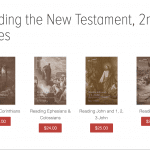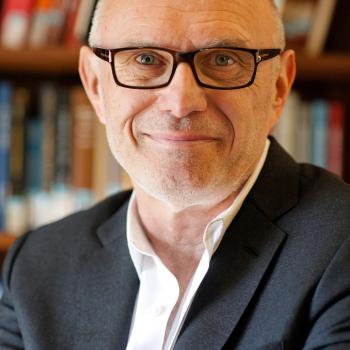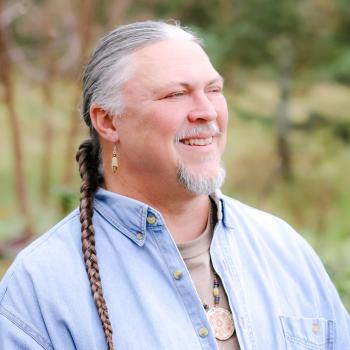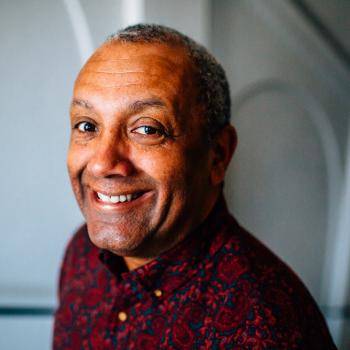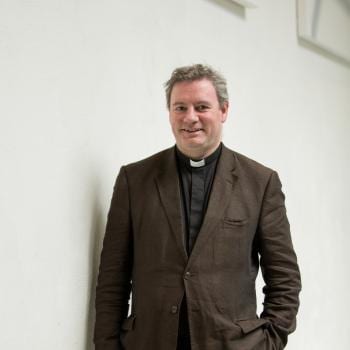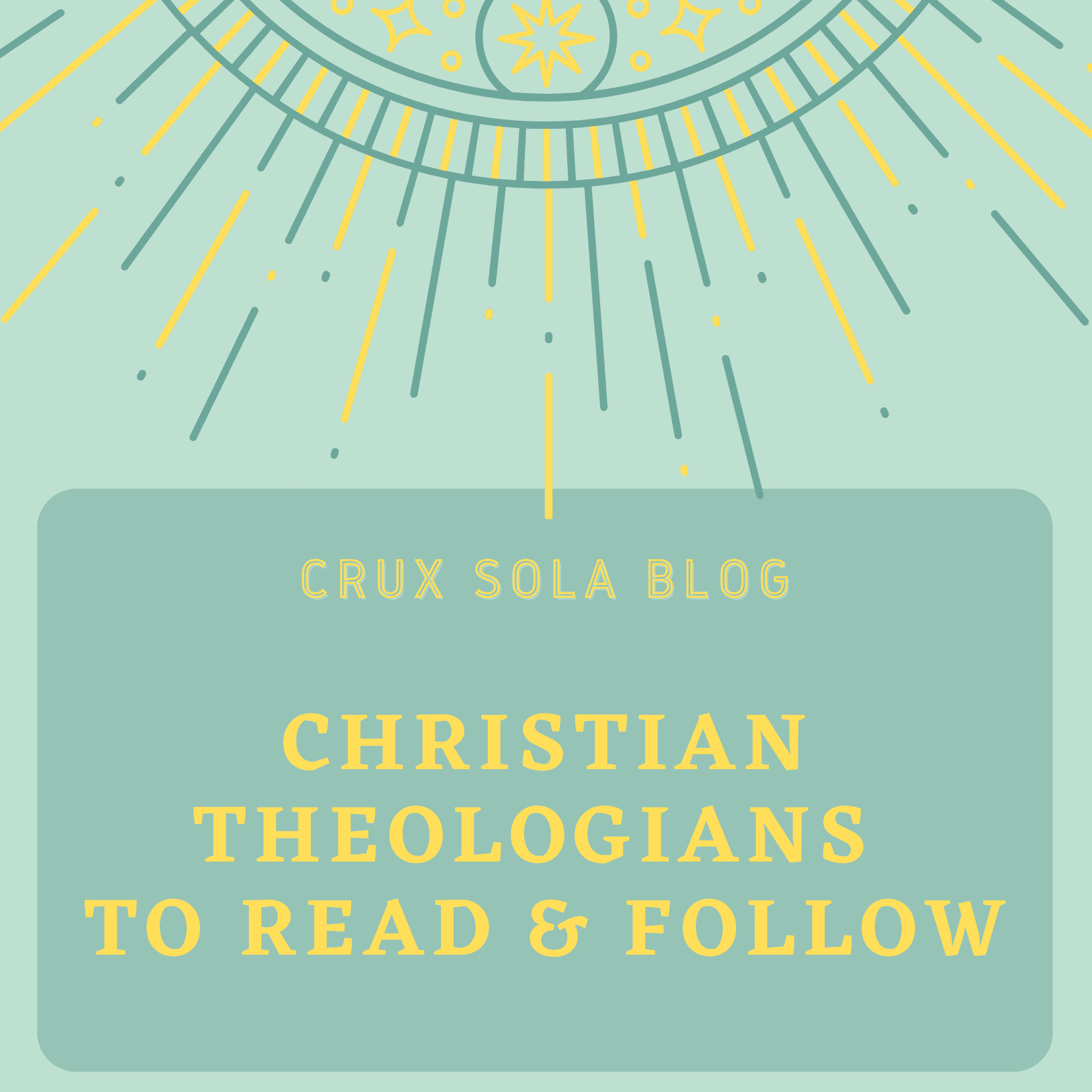
Leah Payne, Associate Professor of American Religious History, Portland Seminary
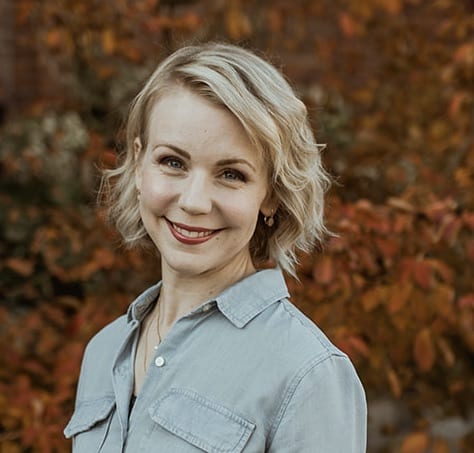
Why do you love teaching and researching about Christian theology?
I love teaching and researching the history of Christian theology because exploring the past helps students and researchers gain insight into the present, and inspiration and admonishments for the future. As a seminary professor, I want to help my students understand their identities historically; one of the most fulfilling aspects of teaching students about the development of Christian theology is when my students learn why their particular branch of the Christian family tree has grown with its specific quirks and characteristics. For example, understanding something like Phoebe Palmer’s altar theology or William J. Seymour’s theology of the Spirit can explain a lot about how Americans worship today. In the end, my favorite part about researching and teaching Christian theology is that I believe that the saints of the past are a balm for the loneliness of our present moment. We live in an isolated world and the women and men of the past – their longings for God, their triumphs, their trials, their faults, and their beauty – are good company for the present.
What is one “big idea” in your scholarship?
One big idea that drives my scholarship: Many activities, beliefs, or artifacts that theologians see as “fringe” are actually central to everyday Christian theology and practice. My work tries to take seriously what many Christians (past and present) say about their lives: that things like prayer hankies, church “lock-ins,” evangelical pop stars, embroidered prayers, interpretive dancers, puppet shows, or even mimes are not just silly expressions of kitsch. These cultural formations are sources of power, theological meaning, and activism. If we want to understand why Christians do what they do and believe that they believe, we need to study these off-the-books sources of theology with as much intentionality as we give to investigations into the so-called official versions of theology from church councils, denominational statements, or theological treatises.
Who is one of your academic heroes and why do you admire them?
In grad school, I learned so much by reading theorists like Max Weber, Edward Said, W. E. B. DuBois, Judith Butler, J. Z. Smith, and Catherine Bell. But I would say that my heroes are academics who care for their students and colleagues and the world around them. There are many brilliant people in religious studies; kindness is the real heroism.
What books were formative for you when you were a student? Why were they so important and shaping?
Historical studies books that have stuck with me over time include Kathleen Flake’s The Politics of American Religious Identity: The Seating of Senator Reed Smoot, Mormon Apostle, Anthea Butler’s Women in the Church of God in Christ Making a Sanctified World, and James Byrd’s The Challenges of Roger Williams. I’m always going back to these books because they are great explorations of religion, politics, race, ethnicity, gender, and class (and much more) in the United States.
Read Payne’s Work
Gender and Pentecostal Revivalism: Making a Female Ministry in the Early Twentieth Century (Palgrave Macmillan, 2015)
Dr. Payne has written several articles for Washington Post and Christianity Today. Here are a couple of samples:
Follow Payne on Social Media
@drleahpayne on Instagram and Twitter
@weirdreligion for the religion and pop culture podcast I co-host with Dr. Brian Doak!
If you ran into me at a conference and didn’t want to talk theology, what would you want to talk about?
TV!!! Great television is my hobby (some people hike, I watch t.v. – don’t judge). I’m a huge fan of sci-fi and fantasy – if you’ve seen BSG, I will insist we sit down for coffee and talk about it.
What is a research/writing project you are working on right now that you are excited about?
Right now, I’m working on a book that explores how the Contemporary Christian Music industry and its fans shaped American evangelicalism politically and theologically in the late twentieth century. It basically combines all of my loves – pop culture, theology, politics, ritual, and entertainment – all in one project!





